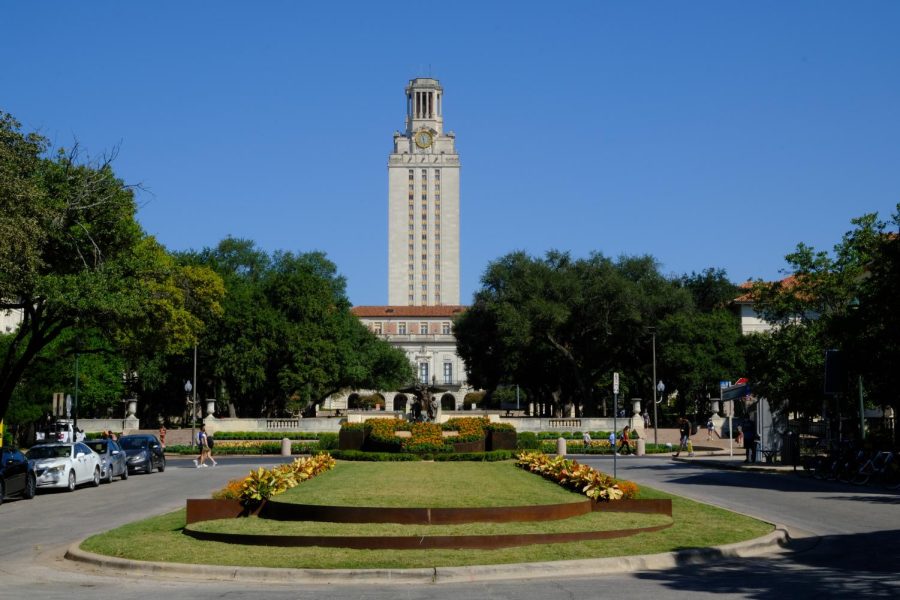In 6-3 decision, Supreme Court strikes down affirmative action, removing consideration of race in college admissions
July 2, 2023
The United States Supreme Court issued a ruling on June 29 banning the consideration of race in both public and private higher education admissions, also known as affirmative action.
The 6-3 ruling was issued on two cases that the Students for Fair Admissions, a conservative nonprofit, brought against the admissions processes of Harvard University and the University of North Carolina. The court ruled that the universities violated the equal protection clause in the 14th Amendment.
Justices John Roberts, Clarence Thomas, Samuel Alito, Neil Gorsuch, Brett Kavanaugh and Amy Coney Barrett held the majority opinion, while justices Ketanji Brown Jackson, Sonia Sotomayor and Elena Kagan held dissenting opinions.
The majority opinion, written by Roberts, states that Harvard’s and UNC’s admissions programs “lack sufficiently focused and measurable objectives warranting the use of race” and “involve racial stereotyping.” However, the opinion states college applicants can still include how their race impacts their life.
“At the same time, nothing prohibits universities from considering an applicant’s discussion of how race affected the applicant’s life, so long as that discussion is concretely tied to a quality of character or unique ability that the particular applicant can contribute to the university,” the majority opinion states. “Many universities have for too long wrongly concluded that the touchstone of an individual’s identity is not challenges bested, skills built or lessons learned, but the color of their skin. This Nation’s constitutional history does not tolerate that choice.”
In Texas, the practice of considering race in college admissions previously remained legal along with 41 other states before the court’s ruling.
The official University Twitter put out a statement the day of the ruling, which in part states, “UT will make the necessary adjustments to comply with the most recent changes to the law and remains committed to offering an exceptional education to students from all backgrounds and preparing our students to succeed and change the world.”













